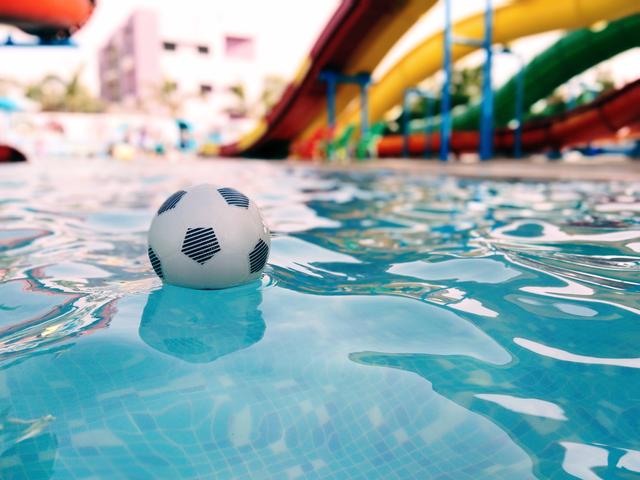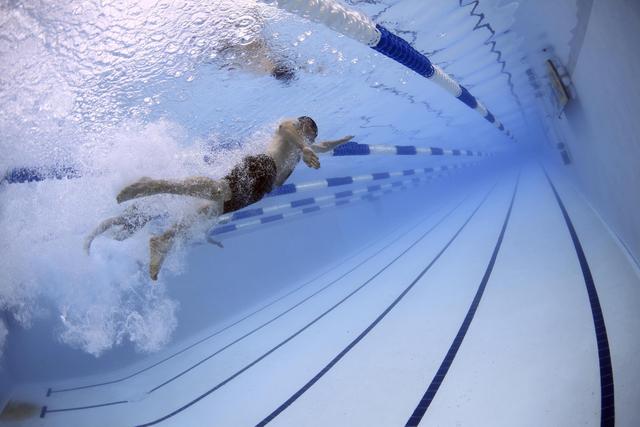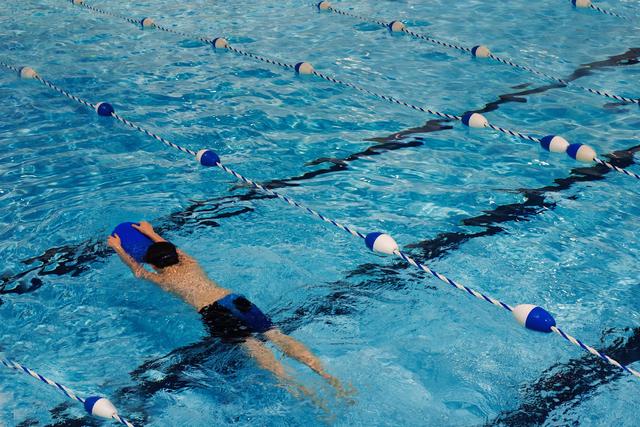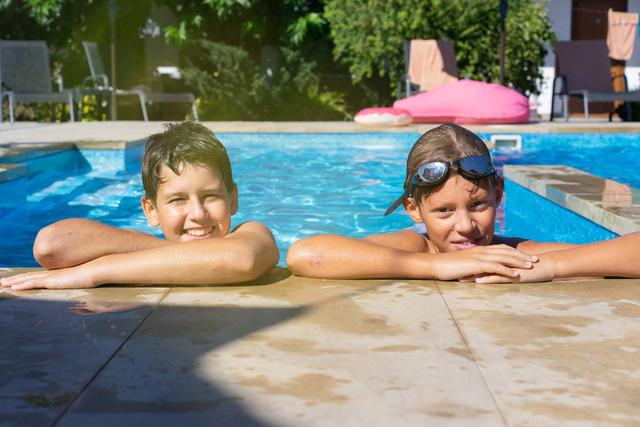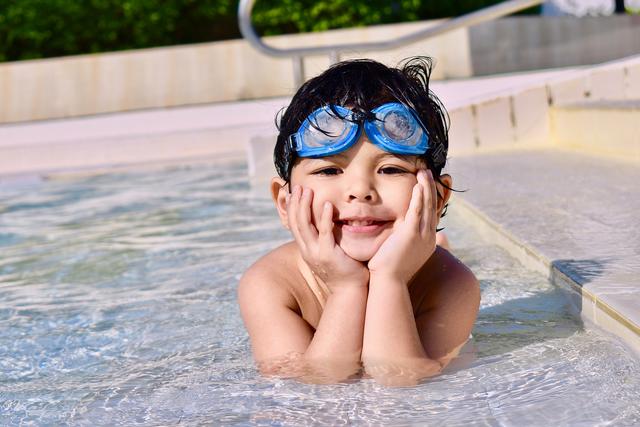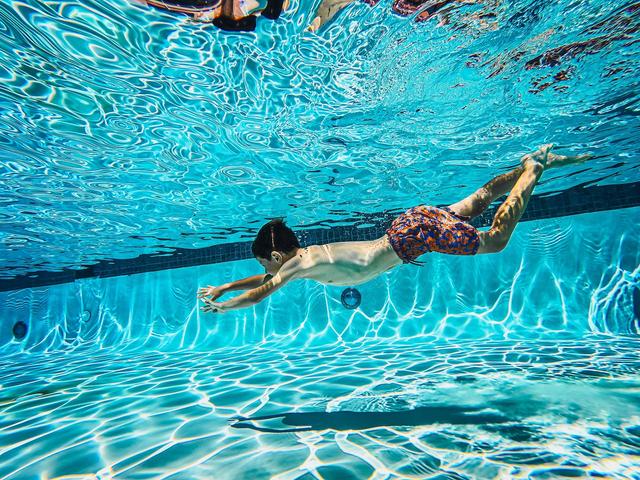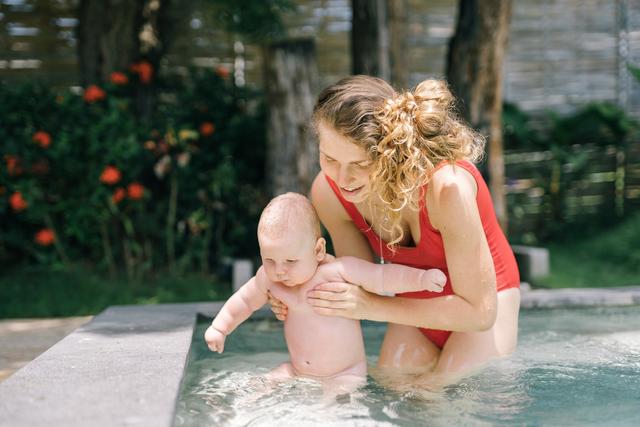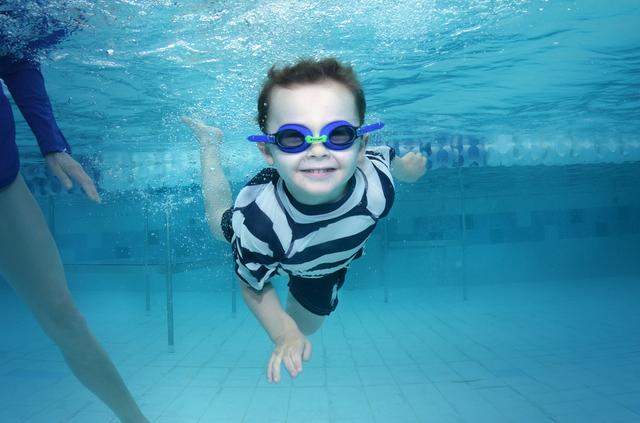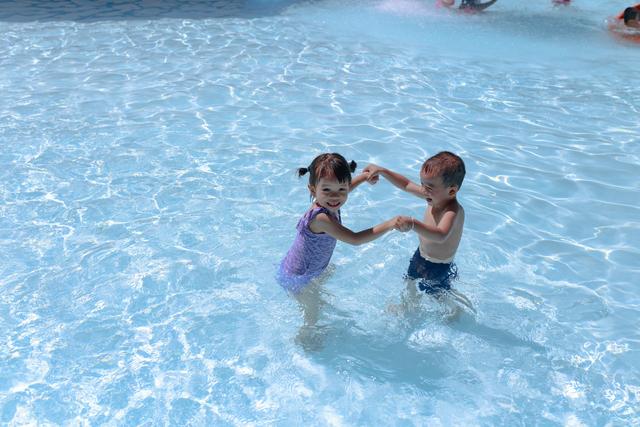Swimming Articles
Swimming For Kids In The UK
Swimming in the UK boasts a storied past, intertwining deeply with the nation’s heritage and leisure activities. The practice of swimming here extends back to the Roman times when the first recorded swimming structures were established. It was not until the Victorian era, however, that swimming emerged as a widespread pastime and a competitive endeavour among the public. This was solidified with the establishment of the Amateur Swimming Association (ASA) in 1886, a seminal organisation that continues to play a crucial role in the sport's governance to this day.
The historiography of swimming is further enriched by the inception of the British Swimming Championships in 1887, marking a formal recognition of the sport's competitive aspects. Since these initial steps, swimming has evolved significantly, becoming a mainstream recreational and competitive activity. This historical progression has led to extensive infrastructure developments like swimming pools and dedicated training facilities across the UK, making the sport accessible to every age group, including children.
Today, the UK's swimming landscape for children is facilitated by myriad local clubs and public facilities, offering structured training and casual swimming opportunities. These institutions not only preserve the rich tradition of swimming but also ensure its vibrant future by engaging the younger generation in this enjoyable and rewarding sport.
The Benefits of Swimming
Swimming offers a multitude of health benefits that are crucial for the growing bodies of children. This low-impact activity significantly enhances cardiovascular fitness, which is important for developing a healthy heart and lungs. Moreover, swimming engages multiple muscle groups simultaneously, promoting overall muscle strength and endurance. It also boosts flexibility, which aids in the prevention of injuries and supports general physical health.
For children, swimming is not only about physical development but also plays a vital role in improving coordination and balance. This is because navigating through water requires a lot of body control and mastering different swimming strokes furthers this skill. Further contributing to physical health, regular swimming sessions can enhance a child’s posture and help maintain a healthy body shape, which is particularly beneficial during their growth years.
Additionally, swimming is praised for being inclusive and safe for children with joint issues or other restrictions that might limit their ability to participate in more strenuous sports. Psychologically, swimming is a powerful confidence builder. As kids master new techniques and increase their swimming capabilities, their self-esteem significantly increases, which is essential for their social and mental development.
FAQs
- What age is appropriate for kids to start swimming lessons? Answer: In the UK, the Amateur Swimming Association (ASA) recommends that kids can begin swimming lessons from around 3-4 years old, depending on individual development and readiness. Parents should assess their child's comfort and ability in the water when deciding to start lessons.
- How often should kids attend swimming lessons? Answer: The optimal frequency of swimming lessons can vary based on the child’s age and skill level. For younger or beginner-level swimmers, once or twice a week is beneficial. More advanced swimmers or older children might benefit from more frequent sessions to enhance their techniques and endurance.
- What should kids wear for swimming lessons? Answer: For swimming lessons, boys typically wear swimming trunks or shorts, while girls should wear one-piece swimsuits or tankinis with a bottom. A well-fitting swim cap and goggles are also important to keep hair out of the face and protect eyes from chlorine and other irritants.
- How long does it take for a child to learn how to swim? Answer: The time it takes for a child to learn swimming varies widely. Some may pick up basic strokes within a few months, while others may need longer to feel confident in the water. Regular lessons and additional practice outside of structured classes can accelerate a child’s learning process.
- Is swimming pool water safe for kids? Answer: Yes, swimming pool water in the UK is generally safe for kids when the pools are correctly maintained. Pools are treated with chlorine to kill harmful bacteria, but it's essential for the chlorine levels and pH balance to be regularly checked. Parents should ensure pools comply with safety standards and should supervise their children to prevent accidents and address any signs of discomfort or irritation from the water.
